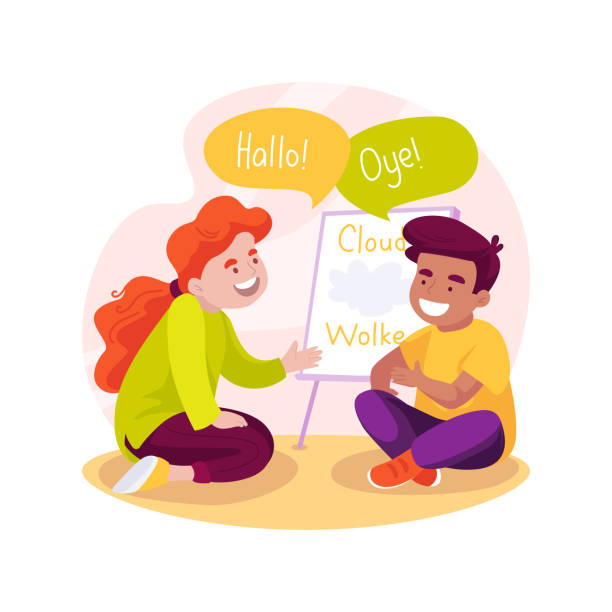
How Do Toddlers Learn New Accents?
Lab for Infant Development and Language (University of Waterloo)
Who Can Participate |
For English monolingual toddlers aged 18-22 months. |
What Happens |
In this study, your child will see pairs of objects that are familiar to them and will hear corresponding sentences. During these sentences, your child will hear the objects pronounced either familiarly or with a new accent. Following the experiment, you will be asked to fill out a 20-question survey on your child's previous accent exposure and vocabulary. For vocabulary, you will be asked to indicate which words your child knows from a list of 108 words. |
What We're Studying |
Previous research suggests that toddlers make predictions about what comes next in a sentence and use that prediction to guide their own behaviour (e.g., looking at the object they think will be referred to before it is mentioned). Research also suggests that toddlers initially struggle to recognize unfamiliar accents, but with exposure they improve. We are interested in whether prediction ability can help toddlers learn to understand words in a new accent because the expectation that a particular word (e.g., ‘ball’) will occur may create a strong prediction error signal when a new pronunciation of that word (e.g., ‘bell’) is encountered instead, highlighting the difference between the two. Children are being raised in linguistically diverse environments - that is, they are exposed to a wide range of languages and accents from a young age. This research will help us understand how toddlers learn to recognize accented pronunciations of familiar words, and particularly, what skill (prediction) toddlers might use to help them learn. |
Duration |
20 minutes |
Compensation |
$5 Amazon gift card for Amazon.com or Amazon.ca (depending on your location) will be emailed within 1 week of participating in the study. To receive compensation, your child must be within the specified age range, must be visible in the video recording, and can only participate once. |
This study is conducted by Dr. Katherine White (contact: white@uwaterloo.ca).